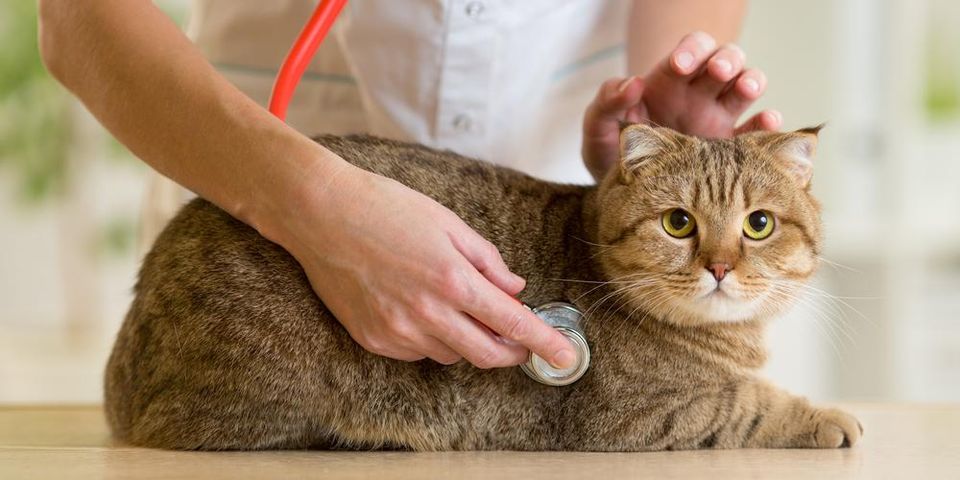Veterinary Clinic Reveals Everything You Need to Know About FeLV

The Feline Leukemia Virus, also known as FeLV, is a common cause of concern for house cats. A disease that affects the immune system, it can lead to cancer in felines between the age of one and 6 years old. Below, Animal Care Center of Fairfield, an elite veterinary clinic in Butler and Hamilton County, OH, provides you with a list of symptoms, treatments, and prevention methods.
Veterinary Clinic’s Guide to FeLV
Symptoms
 FeLV can be transmitted from cat to cat through close contact. This could include a bite, grooming habits, or the sharing of food. A large number of symptoms may be present as a result of the disease. Though, not all must show to present a threat. This could include a lack of energy, consistent weight loss, enlarged lymph nodes, diarrhea, a dull or shedding coat, fever, or inflammation of the face or mouth. Your cat may move differently as well, adopting a more wobbly, unsteady gait.
FeLV can be transmitted from cat to cat through close contact. This could include a bite, grooming habits, or the sharing of food. A large number of symptoms may be present as a result of the disease. Though, not all must show to present a threat. This could include a lack of energy, consistent weight loss, enlarged lymph nodes, diarrhea, a dull or shedding coat, fever, or inflammation of the face or mouth. Your cat may move differently as well, adopting a more wobbly, unsteady gait.
Treatment
An animal hospital will first rule out other infections or blood disorders. A urinalysis or bone marrow biopsy may also be conducted to determine the issue. Once diagnosed as FeLV, medication will be prescribed for daily intake. A yearly vaccine will also be required. This helps fight against respiratory and intestinal viruses as well. In extreme cases, your cat may need to be hospitalized for a period.
Prevention
Because the disease can be spread through close contact, the only way to effectively prevent it is to keep infected animals quarantined. If stray cats are a worry, consider asking your veterinary clinic about a vaccine. Before it is administered, however, have animals tested to ensure they are not already infected.
The best way to keep your cat healthy is through preventative measures. However, if your cat begins to show symptoms, take them to a veterinary clinic immediately for a diagnosis and treatment. Trust Animal Care Center of Fairfield to address your pet’s needs. For more information, visit their website or call (513) 829-6621 today.
About the Business
(22 reviews)
Have a question? Ask the experts!
Send your question

